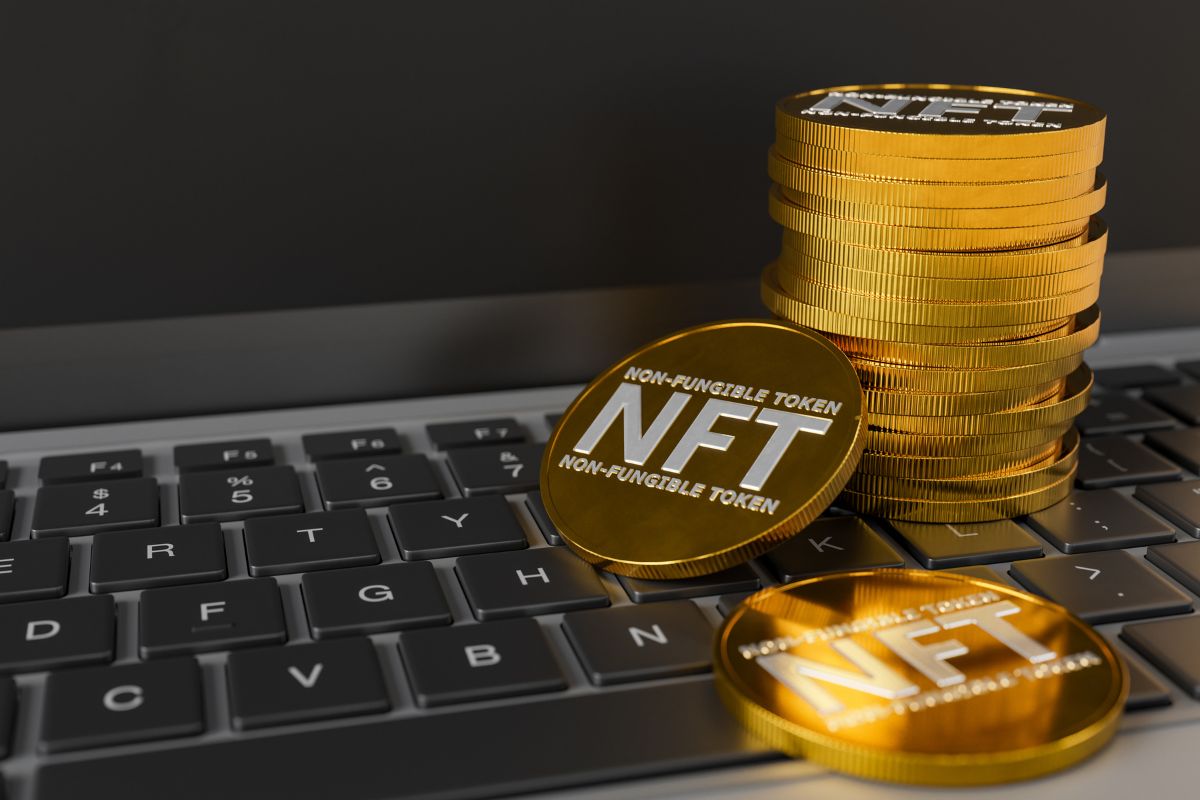

Taking advantage of non-fungible tokens (NTTs) is an important way for businesses to gain new revenue streams. NTTs are based on an asset such as real estate, shares, or sports teams. These assets are often used to secure payments, provide proof of ownership, or secure transactions. These assets can also be used as a form of currency.
Table of Contents
Using a non-fungible token development to prove ownership of a digital asset has become an industry buzzword. The aforementioned token has been around for a while, but it’s only recently garnered a significant amount of attention.
The non-fungible token is a cryptographically authenticated digital file. It has many use cases, but the best example is probably in the art world. For example, if you are buying or selling a painting, the best proof of ownership might be in the form of a digital copy of the work. You can then sell the piece on the open market, or create a clothing store.
The non-fungible token is just one of the ways a new type of decentralized, semi-permanent database called the blockchain has transformed the way we handle property rights. Its main role is to record and store data in a secure way. In the long run, it also eliminates middlemen and increases the security of ownership.
Using a Non-Fungible Token, you can create a new revenue stream that can be used to fund your next project or launch into a new market. With the help of technology, you can easily create a smart contract and trade digital items with other participants in a secure and efficient manner.

Aside from generating a new revenue stream, the most important benefit of an NFT is its ability to enhance the value of your intangible goods. For instance, you can sell a unique digital copy of a movie or music track and resell it at a profit. Aside from this benefit, the other most significant benefit is that these items can be traded with other parties in a secure manner.
The name of the game is the most obvious – you want to make a profit. You have to be clever with your marketing and sales strategy. Fortunately, there are a lot of platforms available that act as a middleman.
Using Non-Fungible Tokens (NFTs) for food-tech businesses has a lot of benefits. For example, they offer a way for small companies to track inventory. They can also help raise brand awareness. These tokens are digital files stored on the internet. They cannot be traded with regular currency, and they have limited numbers.
NFTs can also help businesses get their product certified. They can be used to provide incentives for small investors. They can also help restaurants raise donations for social causes.
Several fast-food chains are using NFTs to expand their customer base. They have plans to distribute 20,000 NFTs in the United Kingdom.
Other firms are incorporating NFTs into their business models, including Burger King and Taco Bell. Some firms in the entertainment industry have already issued their own NFTs.
Larger food-tech companies are looking to use technology to improve the sustainability of their supply chain. They have created dedicated applications that trace food from the seed to the farm.

Several sports organizations have begun using NFTs to enhance their fan engagement. These innovative digital products allow fans to interact with their favorite athletes in the metaverse. They can also purchase player cards and jerseys, and even get autographs.
Non-fungible tokens (NFTs) are unique units of data that are recorded on a permanent ledger. In most cases, these are encoded with the same software used for cryptos.
The growing market for esports and immersive technologies will further accelerate the merging of the real and digital worlds. In the future, sports organizations will begin exploring ways to reliably track the ownership of digital assets.
NFTs are useful in many contexts, including ticketing, fantasy sports league applications, and even fundraising for charity. They can be issued by teams, individual players, or other sports organizations.
For example, the National Basketball Association launched NBA Top Shot, an online marketplace to buy and sell digital sports highlights. Similarly, the Pac-12 Conference, a collegiate athletic conference, created NFTs based on Pac-12 moments.
Using Non-Fungible Tokens (NFTs) for businesses may benefit them in a number of ways. It can create a unique purchase opportunity, drive brand awareness, increase sales, and even help them win new customers. In order to reap these benefits, however, businesses need to understand the basic concepts and how NFTs work.
First, let’s define what non-fungible assets are. They are not interchangeable, and have unique size, shape, color, or cut. They can be traded for other fungible assets or currency, but they cannot be traded for a U.S. dollar bill.
Another benefit of a non-fungible token is the ability to prove authenticity. For instance, if a business has created a piece of art, it can mint NFTs and sell them to the public. This means that the business can earn revenue from the experience while still getting a share of the transaction when the token is sold.
Some companies are already using NFTs to market their products. For example, fashion brands like Dolce & Gabbana have launched nine digital NFTs that can be collected by fans of their products. They also have a patent on a sports shoe system based on the technology.
While the benefits of NFTs for businesses are obvious, they can also pose some risks. The use of NFTs is not yet commonplace in many industries. This is why it’s important for developers to be aware of the challenges associated with these assets.
The best way to ensure that your platform is secure is to run regular security audits. These audits can detect any vulnerabilities that may be present on the blockchain.
Sign up to receive our email, delivering the latest stories straight to your inbox.
